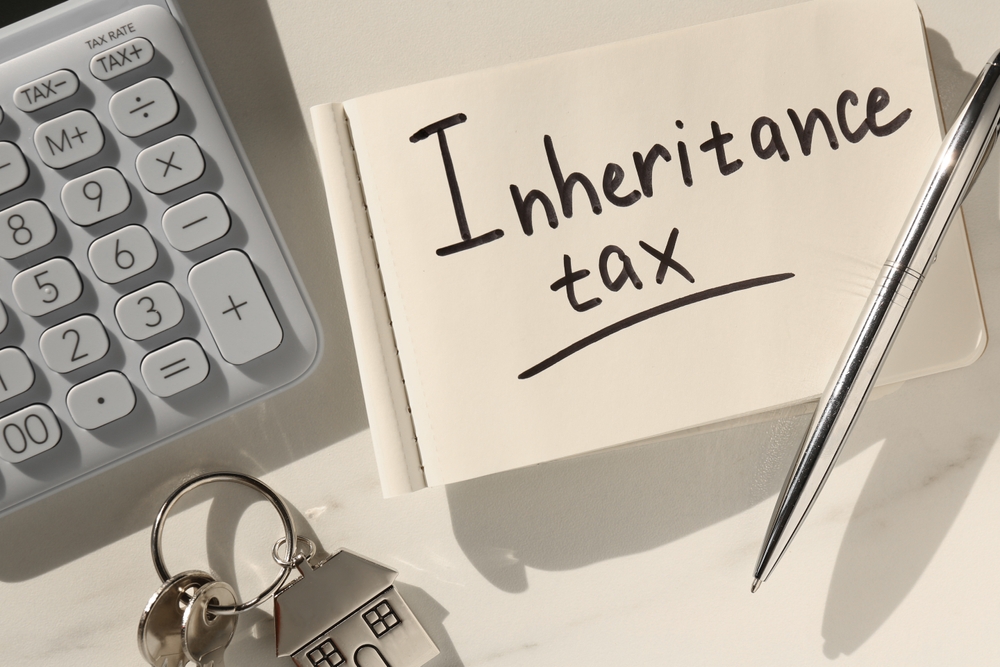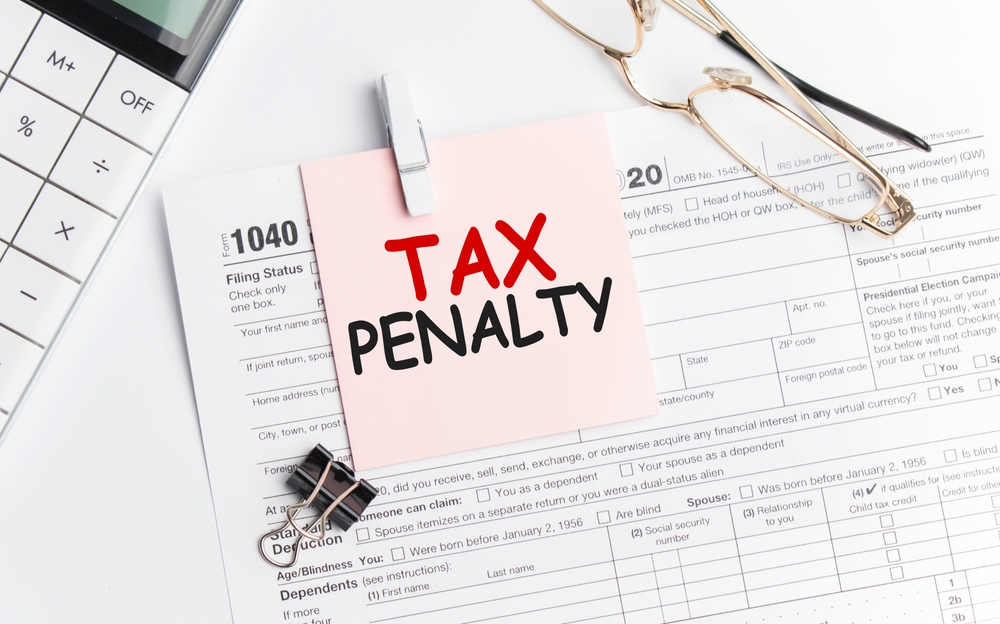A common misconception is that Australia has no inheritance tax. While that is technically true, it is not the case in practice. The death of a loved one almost always raises a raft of tax issues and triggers events that have a tax implication or trigger a tax event. As Perth tax accountants, tax planning and structuring for a person’s estate plan is a key tax service for families in business. The tax implications for estate planning and inheritance tax can be significant.
Death tax in Australia
The topic of inheritance tax is often unclear to Australians, as there is no specific inheritance tax in the country. Many inheritances are not subject to tax, and the concept of taxing an entire estate was abolished in Australia in 1979. However, this does not mean taxes on inherited assets are entirely avoidable. This aspect is crucial in estate planning and should be a priority for both estate givers and inheritors.
A key consideration is whether any tax would have been payable if the previous owner had sold the asset before passing away, considering that certain assets held within superannuation funds may be exceptions.
When inheriting or planning to pass on assets, it’s crucial to be aware that these assets may come with embedded unpaid tax liabilities. While you’re not immediately required to settle these unpaid taxes upon inheriting the asset, it’s important to be cautious and consider the potential tax liabilities in estate planning. This awareness will help you manage the financial responsibilities that come with inheritance.
What are estate taxes?
To comprehend estate taxes that may apply, it is essential to distinguish between taxes derived from income and those derived from capital gains. This is a complex issue for even the most advanced Perth tax accountant. Income-related tax typically pertains to the tax payable for the financial year in which the income is derived. So, any income-related estate tax should only address the income earned immediately before the asset is transferred to the beneficiary.
Conversely, capital gains tax operates differently, as it is not paid annually. Instead, it accrues as the value of the investment grows. The tax becomes payable when the asset is ‘disposed of,’ meaning when ownership changes, such as through sale or gift. As a result, capital gains tax amounts can often be substantial due to the accumulation over many years.
It is important to note that both types of taxes may apply simultaneously. For example, with property investment, you may have ongoing income (rent) that attracts income tax annually and an increase in the property’s value (capital gains), which is not assessed for tax purposes until the property is sold.
Crucially, an inherited asset constitutes a ‘disposal’ because the beneficial owner changes. For instance, if you inherit your late uncle’s investment property, which was purchased for $200,000 and is now worth $400,000, no tax has been paid on the property’s appreciation. The capital gain, from $200,000 to $400,000, triggers a tax event upon disposal. Although you do not need to pay the tax immediately upon inheriting the asset, the accumulated tax on the capital gain must eventually be settled. Australian tax law allows the disposal to become an exempted CGT event and then changes the asset’s tax purchase price in the beneficiary’s hands.
When is tax paid on inherited assets?
Using the investment property example above, the Australian Taxation Office (ATO) mandates tax be paid on inherited assets. However, they recognise that requiring immediate payment upon inheritance may create financial difficulties for beneficiaries, who may not have sufficient liquid assets to cover the tax obligation. This could necessitate the immediate sale of inherited assets to meet the tax liability.
To mitigate this issue, the ATO allows deferral of the capital gains tax event until the beneficiary sells the asset. This approach ensures that the beneficiary has the necessary funds to meet the tax liability at the time of sale.
For instance, if you inherit your late uncle’s investment property, which was purchased for $200,000 and is now valued at $400,000, and you decide to retain it as an investment for another decade before selling it for $800,000, the following capital gains taxes will apply upon sale:
- The capital gain during your ownership: $800,000 (sale value) – $400,000 (value at inheritance) = $400,000.
- The capital gain during your late uncle’s ownership: $400,000 (value at inheritance) – $200,000 (purchase price) = $200,000.
In this case, you are liable for a total capital gain of $600,000. After applying the 50% CGT discount, $300,000 will be added to your assessable income for that year, resulting in a tax liability ranging from approximately $110,000 to $141,000, depending on your total income.
If the inherited asset was acquired by the deceased before the introduction of capital gains tax, its pre-CGT status is quarantined. The beneficiary is deemed to have purchased the asset for its market value on the date of death, so the beneficiary will only pay tax on the increased value of the asset during the time they held it.
Getting an exemption from death tax on the main residence
A family will often not pay capital gains tax on the profits made from the family home (the Main Residence Capital Gains Tax Exemption). And this exemption also flows to a deceased estate.
Certain conditions must be met to fully qualify for the Main Residence Capital Gains Tax (CGT) exemption when selling a property inherited from a deceased estate. Generally, a full exemption applies if the deceased acquired the property before 20 September 1985 (“pre-CGT”) or if the property was always the deceased’s main residence just before their death.
- The Two-Year Rule
A critical condition is that the beneficiary must dispose of the property within two years of the deceased’s death, based on the settlement date. Exceptions to this rule apply if the dwelling was used as the residence for the deceased’s spouse, a person who had the right to live there based on the deceased’s will, or the beneficiary themselves, provided the property was not used to produce income.
- Managing Tax Affairs
The Australian Taxation Office (ATO) guides extending the two years by up to 18 additional months under certain “Safe Harbour” conditions. The ATO’s website provides a complete list of these conditions and is also generally available from your Perth tax accountants.
Additionally, the ATO can allow an extension beyond two years if factors outside the beneficiary’s control prevent the sale and settlement within the permitted timeframe, even if this exceeds the safe-harbour extension.
Getting a tax ruling on this exemption is technically difficult. In our experience, the ATO is deeply focused on these situations and is reluctant to grant the exemption in all but the most extreme cases. Care needs to be taken when drafting the application.
Assessing these solutions can have substantial benefits. Any capital gain related to the inherited dwelling would be tax-free if successful.
Partial CGT Exemption
In many cases, a total CGT exemption may not be possible. However, a partial exemption might be available if the criteria for a full exemption are not met or if the property was used to generate income at any stage (e.g., rented out for a period).
For example, a partial exemption may apply if the deceased acquired the property after 20 September 1985 and it was not their main residence just before they passed away. Similarly, a partial exemption may be applicable if the property generated income either before their death or between their death and the settlement date of the sale.
TIP: If a partial exemption is available, the focus should be on maximising the property’s cost base to reduce the CGT liability. Since it can be challenging to reconstruct records retrospectively, it is ideal for property owners to compile and retain adequate property records during their lifetime.
Managing inheritance tax on offshore assets
Inheritance tax is a levy imposed either on a person who inherits money or property or directly on the estate of a deceased person.
The applicability and rate of inheritance tax vary by country. While Australia does not have a specific inheritance tax, other jurisdictions may impose such taxes on assets within their territories.
If you are an Australian tax resident and inherit overseas assets, you (of the estate passing you the assets) may be subject to the inheritance laws and taxes of the country where the asset is located. Getting clarity on the domicile implications if your original country and documenting your current activities to sever your domicile is an important part of your tax strategy.
These inherited assets may also be subject to taxation in Australia, depending on their nature and how you use them. If, for example, the inherited asset generates income while you own it, you will likely pay Australian tax on that income.
Managing offshore inheritance tax on your Australian assets
Just because you have left a country does not mean you have escaped their inheritance tax. Most countries with inheritance tax can tax your domicile (different from your tax residency) or your citizenship. So, getting clear tax advice from an international network like Geneva Group International is critical.
Inheritance tax on your SMSF
Superannuation is designed to provide a couple’s income in retirement. It is not intended for generational wealth transfer.
So, if your superannuation fund proceeds are paid to an adult child, the tax concessions offered to the parents no longer apply. There is an extra tax payable.
If an SMSF has a “taxed component” of $1m paid to adult children, the inheritance tax on the SMSF payout will be $150,000 to $170,000, depending on the tax strategy laid out by the tax advisors.
So, one potential tax strategy is to draw the taxed component out of the super fund and then re-contribute it to the super fund as a non-taxed component. This is complex, given the limits on contributions and detailed tax advice is needed so tax is not triggered by the transaction.
Another strategy is to withdraw all super proceeds just before death. Practically, this is only an option if a family member is in palliative care or the equivalent and the tax profile is communicated before.
Trusts and death tax
If assets are owned by a trust or company, the trust or company (including a bucket company) does not die simply because its controller has died. For many ultra-high net worth individuals, the only asset the will covers is their family home, car and personal bank accounts.
If a deceased has passed on assets to a testamentary trust controlled by a beneficiary the newly created testamentary trust will also have a tax profile in addition to the asset itself.
The cost base of inherited assets
If an investment asset passes to a beneficiary, the beneficiary will inherit the asset and its tax cost base.
While the concept is relatively simple, the beneficiary cannot use a tax cost base if they do not know what it is (or cannot prove it). Getting strong tax law structuring advice to demonstrate and evidence the tax cost base is critical to estate planning and tax management.
Sadly, a beneficiary rarely has full purchase price details of a family’s estate assets. So, the capital gains tax ultimately paid by the beneficiary of an estate is higher simply due to poor record keeping by the Perth tax accountant.
Conclusion
The tax implications on a deceased estate, both before and after death, are complex, significant and sometimes conflicting. As the value of a person’s estate grows, so does the tax’s complexity and quantity. Getting clear tax strategy advice from an independent firm of advisors is critical to your estate plan. This is where Westcourt is a clear choice – our single focus on tax structuring for families in business, our deep global network, small firm service offering and demonstrated technical tax excellence allow us to deliver outcomes that other advisory firms cannot replicate. So, when it comes to tax structuring and your estate plan, why not call us? We are currently offering, for free, our 13 tax strategies whitepaper for reducing inheritance taxes as part of your estate planning.





